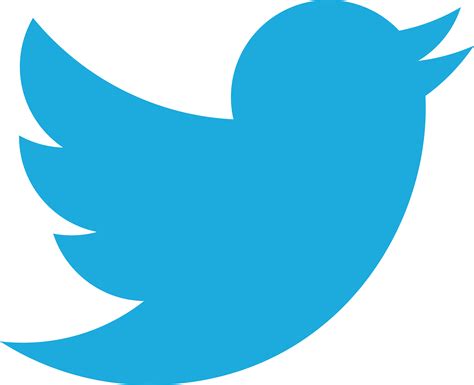
Wednesday, August 26
Perfect weather for our Peapod delivery today—a high of 75F and a predicted low tonight of 61. From the preliminary list they sent out, it seems Peapod may actually deliver everything we’ve ordered. On top of that, this morning I received an electronic prompt that enabled me to make an appointment with my regular doctor for the end of next week—something his office has refused to arrange for almost a month, saying that they hadn’t yet “posted” anyone’s schedule for September. (A suggested slogan for that office: “All the bureaucratic drawbacks of the U.K.’s national health care and none of the advantages!”)
Between us, we have scheduled eight appointments with doctors and others, beginning on August 31 and running through September 11. Even if all of these appointments take place with no unexpected negative consequences, we’re wondering if we should stay in the city beyond two weeks—allowing ourselves some time there in self-imposed quarantine. If either of us contracts COVID while there, it might be better to stay in close range of NYC doctors. So maybe we will be there for three weeks; it all requires some pondering.
We’ll carry some foodstuffs back with us, but that won’t last us long. So, having come to accept the Peapod-plus-Damark food supply, we’ll have to discover another provider, as I said in the previous post.
Trump must be finding his virtual GOP convention very frustrating. It’s getting even lower TV ratings than did the Dems. The performances apparently vary wildly—I’m amazed that anyone can stand to watch. There are the expected over-the-top paroxysms (Kimberly Guilfoyle), the likely illegal bits (Mike Pompeo’s appearance from Israel, MAGA man’s use of the pardon as a political prop), and the cringe-making skits worthy of TV sitcoms (anything involving Melania or Tiffany). They need something to juice up the proceedings: maybe surprise guest appearances from a bare-breasted Vlad Putin or from Kim Jong-un? Or Trump could just fire somebody on camera.
Dinner: ziti with roasted red peppers and feta cheese, lettuce and tomato salad.
Entertainment: Britbox’ Wild Bill.





